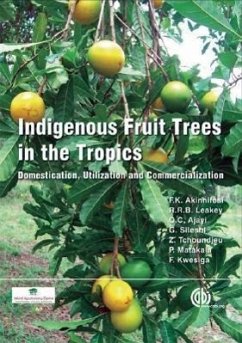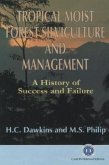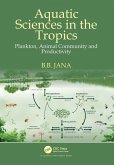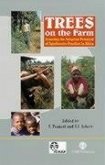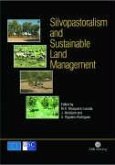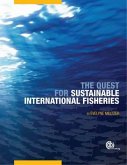It has been recognized that an important factor in improving the viability of rural livelihoods in developing countries is the promotion of sustainable agriculture. As opposed to relying solely on cash crops, this can be more easily achieved through the domestication of various indigenous fruit trees that can be cultivated and owned by smallholder farmers. Through multi-functional and integrated farming systems, these tree crops can support environmental and social sustainability by providing food as well as promoting economic growth. Twenty years ago, little was known about the biology, ecology or the social impact of indigenous fruit trees on rural populations. Since then, new concepts and approaches have been developed, case studies have been produced and the potential and feasibility of their domestication and commercialization has been explored. This focused study on the tropics brings together a comprehensive review of this research.
Hinweis: Dieser Artikel kann nur an eine deutsche Lieferadresse ausgeliefert werden.
Hinweis: Dieser Artikel kann nur an eine deutsche Lieferadresse ausgeliefert werden.

